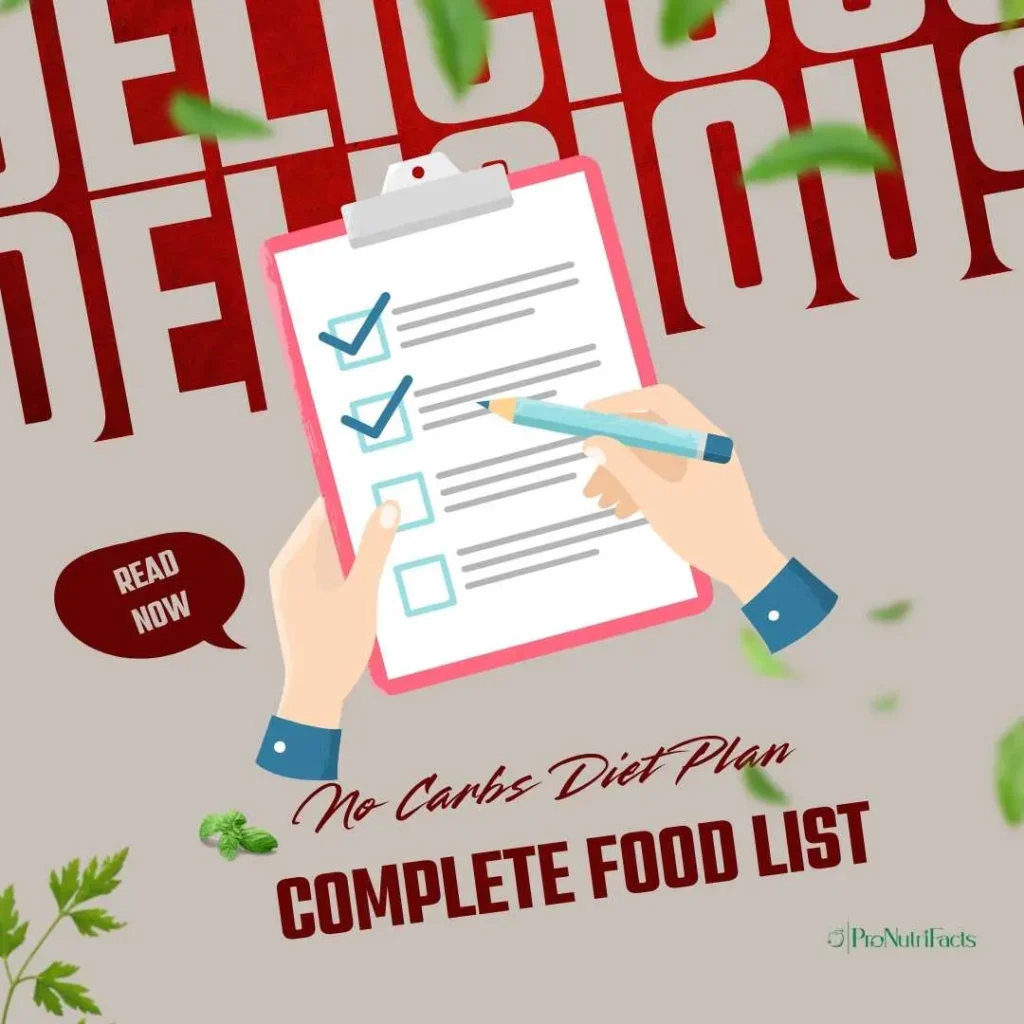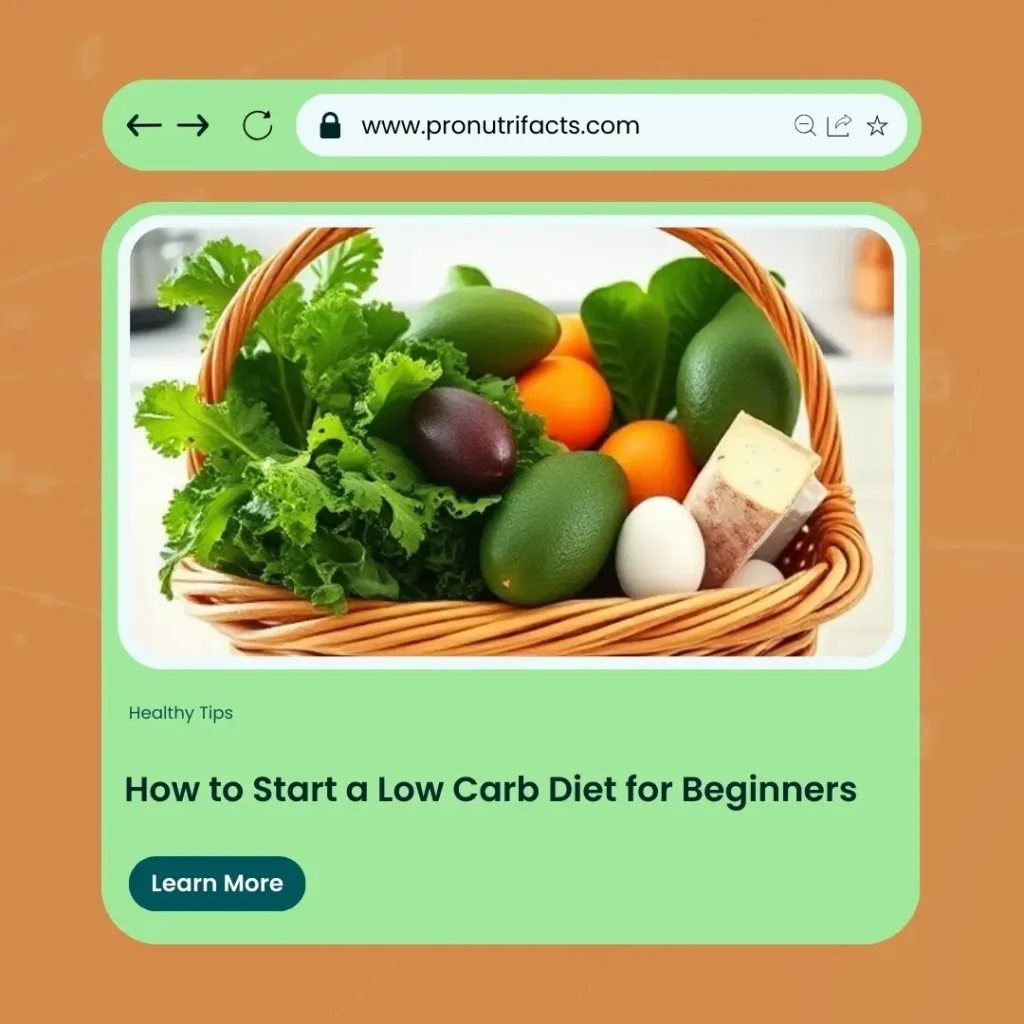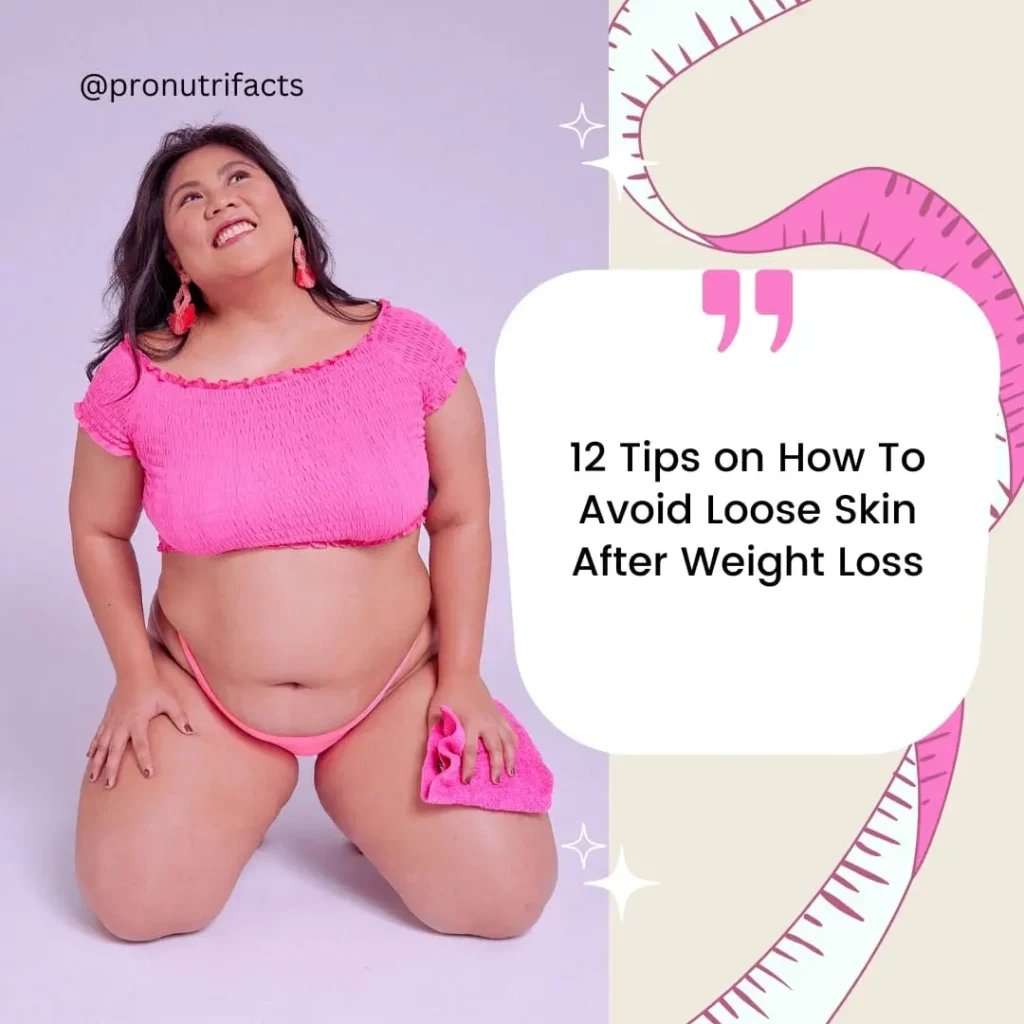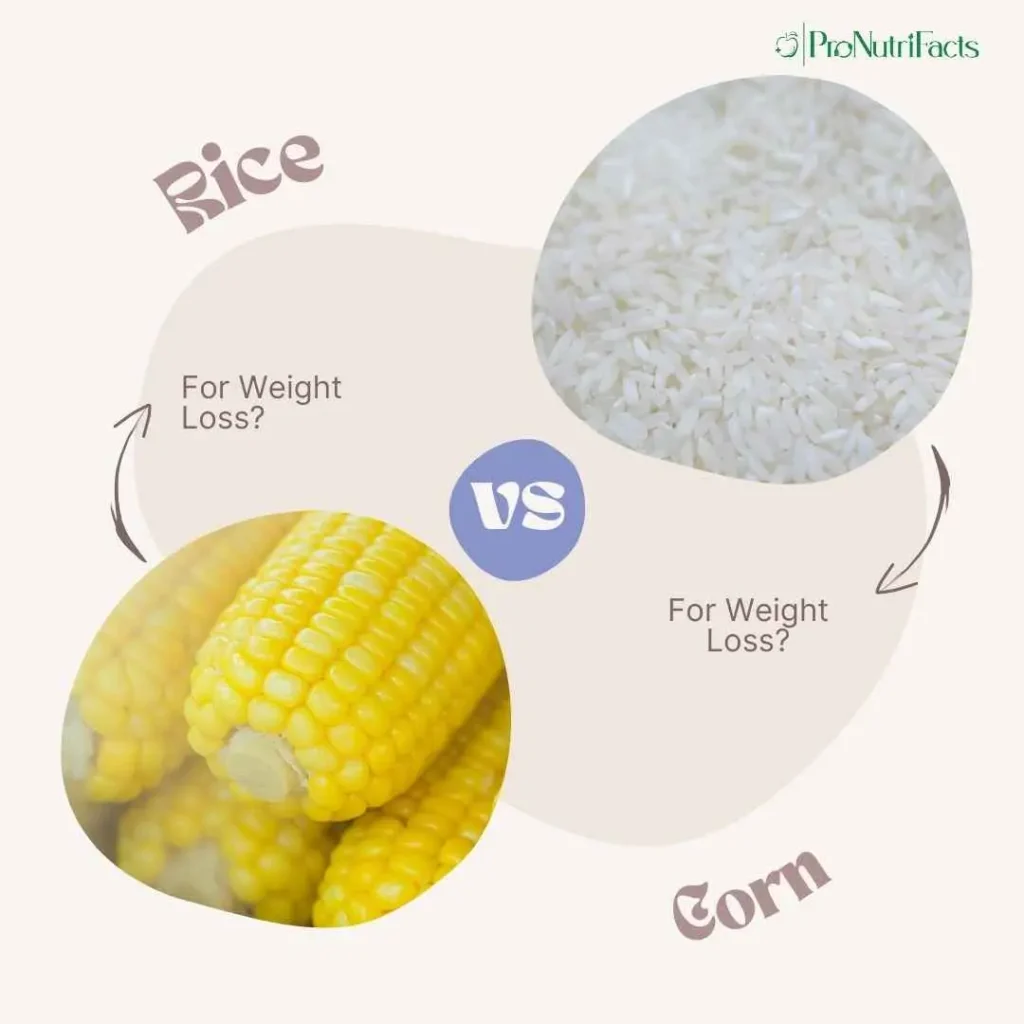When it comes to diet trends, few are as talked about as the no carbs diet plan. But what is a no carb diet plan, exactly? Simply put, it eliminates nearly all sources of carbohydrates, unlike a low-carb or ketogenic diet, which still allows small to moderate amounts of carbs. In a no carb diet plan, even foods with minimal carbs, like certain vegetables or dairy, are strictly limited or removed entirely.
Many people follow a no carb diet plan for weight loss, aiming to lose weight quickly and improve blood sugar levels. Others adopt this approach to gain metabolic benefits, such as stabilizing energy levels or managing insulin resistance. Compared to other carb diets, this plan prioritizes proteins and fats while cutting carb intake to the bare minimum.
To succeed with a no carb diet food plan, it’s crucial to know exactly which foods to eat and which to avoid. Without this knowledge, you may unintentionally include hidden carb foods that could hinder your progress. Whether you’re starting an easy no carb diet plan or exploring more structured options, understanding the right choices is key. So, let’s now break down the types of foods that fit perfectly into a no carb diet plan.

What to Eat on a No-Carbs Diet
A successful no carb diet plan focuses on foods that are naturally free of carbs but packed with essential nutrients. By selecting the right ingredients, you can follow an easy no carb diet plan while meeting your nutritional needs. Here are the core food groups to include in your no carb diet menu plan:
Animal-Based Proteins
Meat is an essential part of any no carb diet food plan. Options like beef, lamb, pork, veal, and even organ meats contain zero carbs while providing high amounts of protein and healthy fats. These are ideal for supporting muscle mass and keeping you full.
Poultry such as chicken, turkey, and duck are also excellent. These choices are completely free of carbs and are a lean source of protein, making them essential for any no carb diet plans focused on weight loss.
Fish and seafood—such as salmon, tuna, sardines, shrimp, crab, and oysters—fit perfectly into a two week no carb diet plan. Most fish contain no carbs, though some shellfish might have trace amounts.
Eggs, including whole eggs and egg yolks, are another versatile option. They offer a combination of healthy fats and protein, perfect for a carb meal plan with high fat content.
Dairy (Only No-Carb Options)
Cheese varieties like cheddar, mozzarella, parmesan, and cream cheese are allowed but check labels for additives that can sneak in carbs. They are perfect for flavor and fats without spiking your carbohydrate intake.
Butter and ghee are pure fats and completely carb-free. They add richness to your meals while helping you stay full and satisfied.
Healthy Fats & Oils (Essential for Energy)
Animal fats like tallow and lard are traditional cooking fats that provide energy and improve satiety on a no carbs diet plan for 2 weeks.
Oils such as olive oil, coconut oil, avocado oil, and MCT oil are preferred. Avoid seed oils and highly processed vegetable oils to maximize the health benefits of your no carb diet plan.
Low-Carb Vegetables (Eat in Moderation)
While most vegetables contain carbs, you can include small amounts of spinach, lettuce, mushrooms, asparagus, zucchini, and cucumbers. These options keep your net carb count low.
Avoid starchy vegetables like potatoes, carrots, sweet potatoes, and corn. These carb foods are too high in carbs for a no carb diet plan.
Beverages (Allowed Drinks)
Water, either plain or sparkling, should be your go-to drink.
Black coffee and unsweetened tea are fine, and you can add heavy cream if needed.
Bone broth is another smart choice, offering nutrients and zero carbs, fitting well in a free no carb diet plan.

Foods to Avoid on a No Carbs Diet
To succeed on a no carb diet plan for weight loss, knowing what to avoid is just as important as knowing what to eat. Certain foods will quickly sabotage your progress by raising your blood sugar levels and increasing your carb intake. These items must be eliminated completely from your no carb diet food plan to stay on track.
Grains & Starches (Biggest Offenders)
Grains and starches are loaded with carbs and must be excluded from any no carb diet menu plan. Common culprits include wheat, rice, oats, barley, quinoa, and corn.
Foods like pasta, bread, and breakfast cereals are heavy on carbs and can easily derail even an easy no carb diet plan. These are staples of most carb diets, but they don’t belong in a no carb diet plan focused on fat loss and blood sugar control. Eliminating these carb foods is essential to keeping your net carb count close to zero.
Legumes & Beans (Hidden Carbs)
Legumes and beans may seem healthy but are high in carbs. Lentils, chickpeas, kidney beans, black beans, and even peanuts should be avoided.
They contain a significant amount of carbs, which can interfere with your efforts to lower carbohydrate intake. Even though they offer some health benefits, they are not suitable for a strict no carbs diet plan for 2 weeks.
High-Carb Fruits (Too Much Sugar)
Fruits such as bananas, apples, grapes, oranges, pineapples, and watermelon are too sugary for a no carb diet plan.
While fruits are often recommended on other carb diet plans, they don’t fit into a plan that aims for zero carbs. The natural sugars in these fruits will spike blood sugar levels and prevent effective fat burning.
Processed & Packaged Foods (Watch Out for Hidden Carbs)
Chips, crackers, cookies, granola bars, and flavored yogurts are packed with hidden carbs and additives.
These baked goods are common in most households but don’t align with a free no carb diet plan.
They often contain starches and sugars that can sneak into your carb meal plan unnoticed.
Sugary Foods & Drinks (Worst for Blood Sugar)
Soda, fruit juices, sports drinks, energy drinks, and sweet desserts like ice cream are the worst offenders.
These items will spike your blood sugar levels and halt progress on your two week no carb diet plan. Eliminating sugary drinks and treats is crucial if you want to successfully lose weight on a no carb diet plan.

FAQs: Common Concerns About No Carbs Diet Plan
Starting a no carb diet plan often raises a few important questions. Whether it’s about food choices or side effects, being informed helps you stick to your no carb diet food plan with confidence. Here are some of the most common concerns.
Q: Can I eat any vegetables on a no-carb diet?
Ans: Most vegetables do contain a small amount of carbs. However, leafy greens like spinach, lettuce, and other low-carb veggies such as cucumbers and zucchini can fit into a no carb diet plan in moderation.
These options work well for those following a no carbs diet plan for 2 weeks while keeping total net carb intake very low. Just be sure to avoid high-carb, starchy vegetables like potatoes, carrots, and corn.
Q: How do I get enough fiber if I’m not eating grains?
Ans: Fiber can be found in foods outside of grains. Avocados, chia seeds, flaxseeds, and nuts seeds are excellent choices, though keep portions small. They add fiber to your no carb diet meal plan without dramatically raising carb intake.
Chia seeds and Flax seeds also offer additional health benefits, such as improving digestion and supporting blood sugar levels.
Q: Will I feel tired when starting a no-carb diet?
Ans: Some people experience keto flu symptoms, like fatigue, when they first reduce carbohydrate intake drastically.
To ease this transition, make sure to hydrate well and consume electrolytes like sodium, potassium, and magnesium.
Once your body adapts, energy levels tend to stabilize as it shifts to using high fat for fuel.
Q: Can I drink alcohol on a no-carb diet?
Ans: Alcohol can be tricky on a no carb diet plan and other weight loss plans. The best choices are zero-carb options like dry wines, vodka, and whiskey. Stay away from beer, sweet cocktails, and flavored liquors, as they contain too many carb foods.
Keeping your drinks clean supports your weight loss and keeps your carb intake minimal.
Q: Will eating too much fat make me gain weight?
Ans: Without carbs, fat is used more efficiently by your body for energy. Focus on healthy fats such as olive oil, coconut oil, and animal fats like tallow and lard.
Avoid processed seed oils, and you’ll be supporting your metabolism, not harming it.
Final Tips for Success on a No-Carb Diet
Succeeding with a no carb diet plan comes down to preparation and smart choices. Always keep plenty of no carb diet menu plan foods in your kitchen to avoid grabbing carb-heavy snacks. Meal prep helps you stick to your no carb diet plans and supports consistent progress.
Read food labels carefully, as hidden sugars and carb foods sneak into many packaged items. Even small amounts can add up and affect blood sugar levels and weight loss results.
Stay hydrated, especially during your first week on a two week no carb diet plan. Drinking water and balancing electrolytes—sodium, potassium, and magnesium—can help you avoid headaches and fatigue.
Pay attention to how you feel. If you’re low on energy, increase your high fat intake using coconut oil or olive oil. Tracking your progress—weight, energy, and how your clothes fit—keeps you motivated and informed.
Final Thoughts
A no carb diet food plan works best when you know exactly which foods to enjoy and which to skip. Avoiding common mistakes and focusing on the right meals will help you stay on track.
With discipline and a well-structured easy no carb diet plan, you can achieve weight loss, balance blood sugar levels, and improve overall health.
Finally, consult a healthcare provider before starting a free no carb diet plan, especially if you have medical conditions or concerns. Find more helpful tips on Pronutrifacts!




